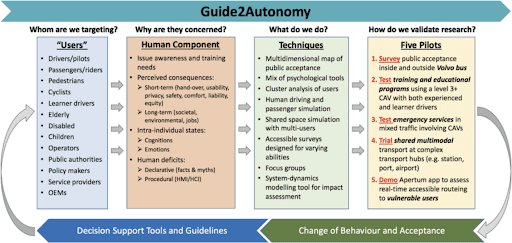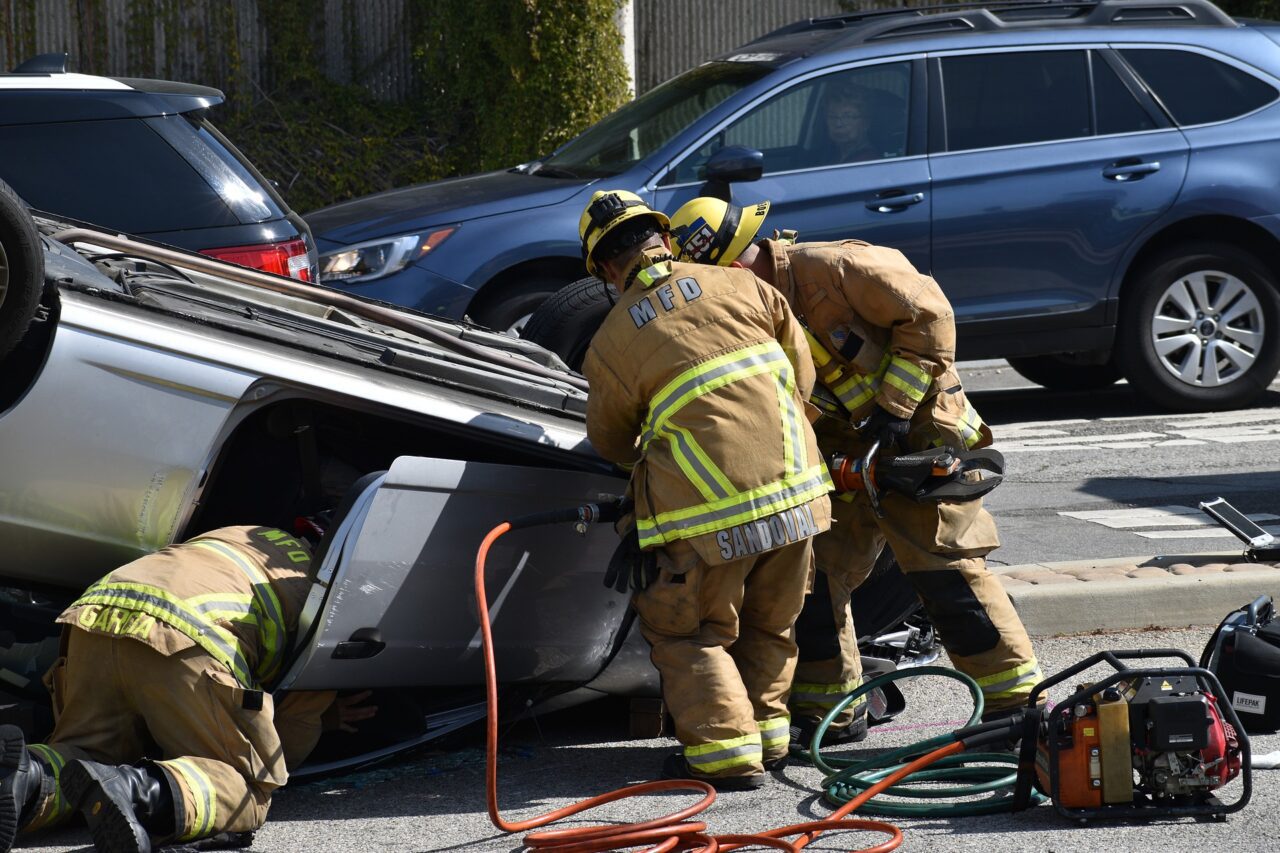Who Is Responsible For Self-Driving Car Accidents?
Amidst an era of carbon footprint-consciousness, climate change dread, and overall disdain for volatile gas prices, more and more consumers are flocking to the electric vehicle and self-driving car marketplace. Electric vehicle (EV) sales have reached record highs in 2022. Back in 2012, only 120,000 EVs were sold worldwide. This year, more than that are sold each week.
In the United States, key players like Tesla, Ford, and Rivian lead the manufactural charge, offering futuristic features beyond simply combustion-less engines (Tesla’s “Ludicrous Mode” comes to mind). Venturing beyond increased acceleration and evoking rollercoaster-like G-Force, Tesla and other EV companies have adopted augmented driving features poised to shift the commuter landscape, and the legal implications for drivers with their hands off the wheel.
Laws For Self-Driving Cars in Colorado
Automated driving systems — colloquially dubbed self-driving cars — envision safer roads and increased productivity during long commutes. In 2017, Colorado passed SB 213, a State Senate Bill codifying self-driving cars into law. The bill envisions upwards of 90-percent fewer traffic fatalities; increased opportunities for young, elderly, and disabled folks for independent transport; and overall improvements in quality of life.
SB 213 paints a hopeful, near-utopian portrait, but its response regarding the key issue: who is liable when a self-driving car collides with another vehicle, is no more than radio silence.
What Are My Rights While Driving In Autonomous Mode?
The legal framework for autonomous vehicle liability is a fledgling field, but not one without its fair share of ideas. One proposal involves requiring autonomous vehicle (AV) manufacturers to obtain driver consent to share operational responsibility, and to “delineate legal responsibility between vehicle and driver in the event of an accident.” In other words, individuals who engage self-drive mode willfully incur liability and waive their right to sue the manufacturer for product defects.
Here, we must emphasize the informed portion of consent involved with waiving one’s rights to sue manufacturers when engaging self-drive mode.
What Is Informed Consent While Driving An Autonomous Vehicle?
For a driver’s consent to operate an AV to be permissible, the driver must be aware of the risks and requisite responsibilities. As an example, a driver must be capable of “taking over” when AV sensors detect hazardous terrain. What does that transition look like? If the driver was engrossed in a Netflix show mere seconds prior to the AV’s sensors detecting a crash 500 feet away, are they capable of orienting themselves to hazardous conditions and maneuvering out of harm’s way? Without sufficient education and training in simulations of scenarios like the one above, attorneys would be hard-pressed to argue on behalf of informed consent.
The Future of Self-Driving Car Laws
Autonomous vehicles are poised to change the navigational landscape around the world. Envisioning a future wherein one can participate in Zoom meetings on the way to work or, better yet, wind-down on the journey home instead of maintaining constant vigilance, are unobjectionable societal “goods”. That said, until autonomous vehicle manufacturers guarantee self-driving features do not require an attentive driver with hands on the wheel, drivers on autopilot mode who get into accidents will still be held accountable.
Contact Rocky Mountain To Speak With A Self Driving Car Accident Lawyer
Have you been in a self-driving car accident, or have you just purchased an autonomous vehicle and want to better understand your legal rights and liability? Call Attorney Brett Buchheit and the team at Rocky Mountain Personal Injury Lawyers to talk to us about your case and options. As we’ve discussed, autonomous vehicle liability is a new and constantly evolving legal field. That’s why it’s more important now than ever to have an auto accident attorney on your side who is staying up to date on all of the changes and new laws getting passed.



